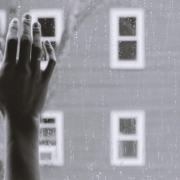Have you considered solo travel?
Planning a holiday can be stressful. Whether it’s dealing with other people’s opinions, not being able to decide where to go or what activities to do when you arrive, the last thing you want when you’re trying to plan a summer get away is deal with added stress! If this sounds all too familiar, why not consider travelling solo instead?
Travelling alone can be a liberating experience, giving you the freedom to travel wherever you want and make decisions about your own budget and itinerary. You might even find it pushes you out of your comfort zone to make new friends and socialise. Solo travelling creates huge opportunities for personal growth while allowing time and space for self-reflection.
It’s natural to feel apprehensive about embarking on a solo trip – you might be concerned about keeping safe or worried about feeling alone.
We’ve come up with some tips to help you embrace solo travel this summer:
Stay safe
- Share your travel plans and itinerary with trusted friends and family before setting off and stay connected throughout your trip. Think about making the most of apps such as ‘find my friends’ or ‘Life360’.
- Research destinations before you travel and if you’re not sure where to stay, scope out safe neighbourhoods with good public transport links.
- Get travel insurance to protect yourself against unexpected cancellations or illness.
- Learn some essential phrases in the language of the country you’re travelling to or failing that, there’s always Google translate!
Plan your itinerary
- Make a list of all the things you want to do and have a backup in case your plans change.
- Have a look at review websites like TripAdvisor to find the best places to visit.
- Make your trip your own by exploring as much or as little as you want.
Capture the moment
Take lots of pictures so you can look back on your trip with fond memories.
Solo travel isn’t for everyone but it’s definitely something to consider if you’re looking to broaden your horizons and discover new and beautiful places on your own terms!


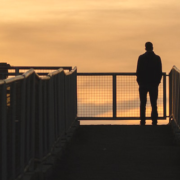
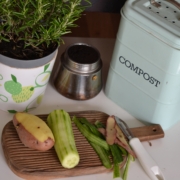
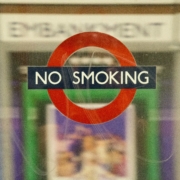
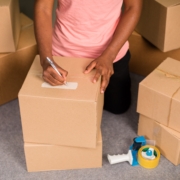
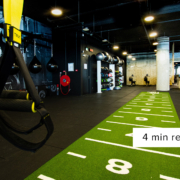

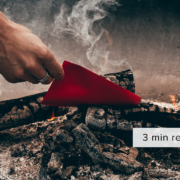
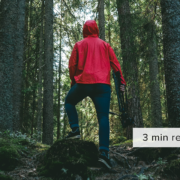
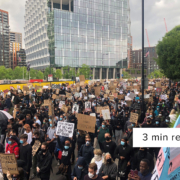
 “Hmmm, maybe don’t do that/say that, you’ll be looked at weirdly.” These are just a couple of thoughts that regularly pop into my head during interactions with people. “Conformity is key, and any step away from the status quo is a step towards ostracisation.” I read this in a
“Hmmm, maybe don’t do that/say that, you’ll be looked at weirdly.” These are just a couple of thoughts that regularly pop into my head during interactions with people. “Conformity is key, and any step away from the status quo is a step towards ostracisation.” I read this in a 